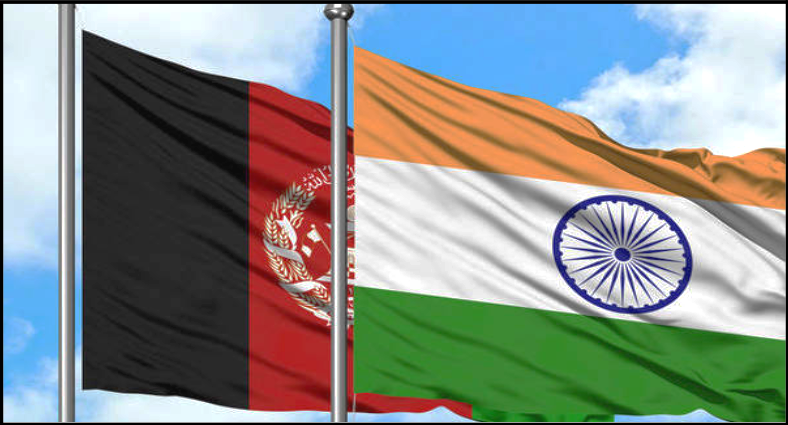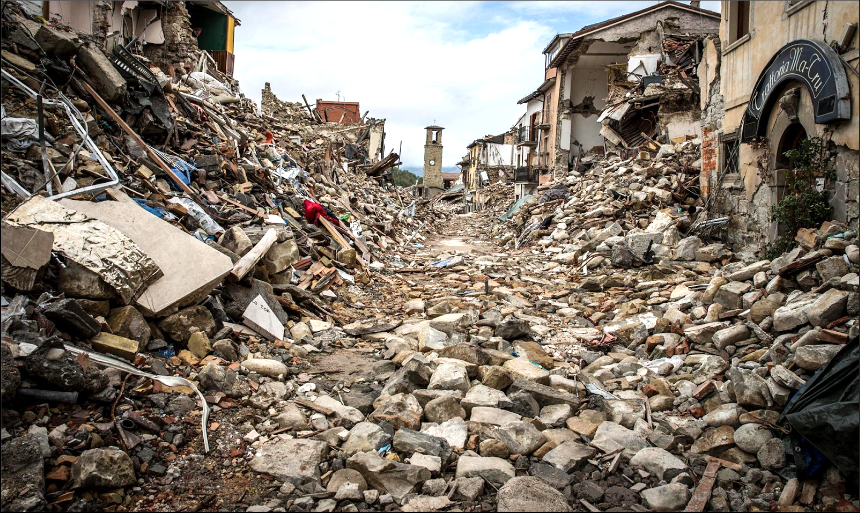Blog

Introduction
Drought, resulting from irregular precipitation and a lack of rain, is classified by the India Meteorological Department (IMD) based on the deviation from the long-term average rainfall. Regions with up to a 26% rainfall deficit are considered drought-affected. This is further categorised into moderate (26-50% deficit) and severe (over 50% deficit) drought.

The history of India-Afghanistan relations is rich and multifaceted, with ties dating back over centuries. These relations have been shaped by a variety of political, cultural, economic, and strategic factors. Here is an overview of the background history of India-Afghanistan relations:

GS3 - Economy
A Roadmap for the Future
Introduction
In today's interconnected world, India is stepping onto the global stage as a significant player in the economy.

GS 3 - Polity
Why in the news?
The World Health Organization (WHO) has issued its first-ever report on the global effects of high blood pressure. According to this report, high blood pressure impacts one out of every three adults on a global scale.

GS3 - Agriculture
Introduction
India, with 4% of the world's freshwater resources, is already a water-stressed country due to a 78% decline in water availability per capita per year since the 1950s.

GS2-Polity
Understanding Sedition
Sedition is often seen as a crime associated with public unrest and disturbance of public peace.
Legally, sedition is defined as any form of expression, be it spoken, written, or through signs, that seeks to generate hatred, contempt, or disaffection towards the established government.

GS3 - Disaster Management
Understanding the Impact
Shallow earthquakes are seismic events that occur near the Earth's surface, typically at depths of fewer than 50 kilometers. These earthquakes are known for their potential to cause significant destruction, often surpassing the impact of deeper ones. The key factor contributing to their destructiveness is the behavior of seismic waves as they approach the surface.




